A community where no one is forced to sleep on the street or go hungry and everyone has the dignity that comes with home, health, and connection.
Our Mission
Working with our partners in the capital region, we offer life-changing services to adults who are impacted by poverty, colonization, stigma, and homelessness. These services include permanent housing, emergency shelter, health and dental care, employment assistance, and social and recreational opportunities.
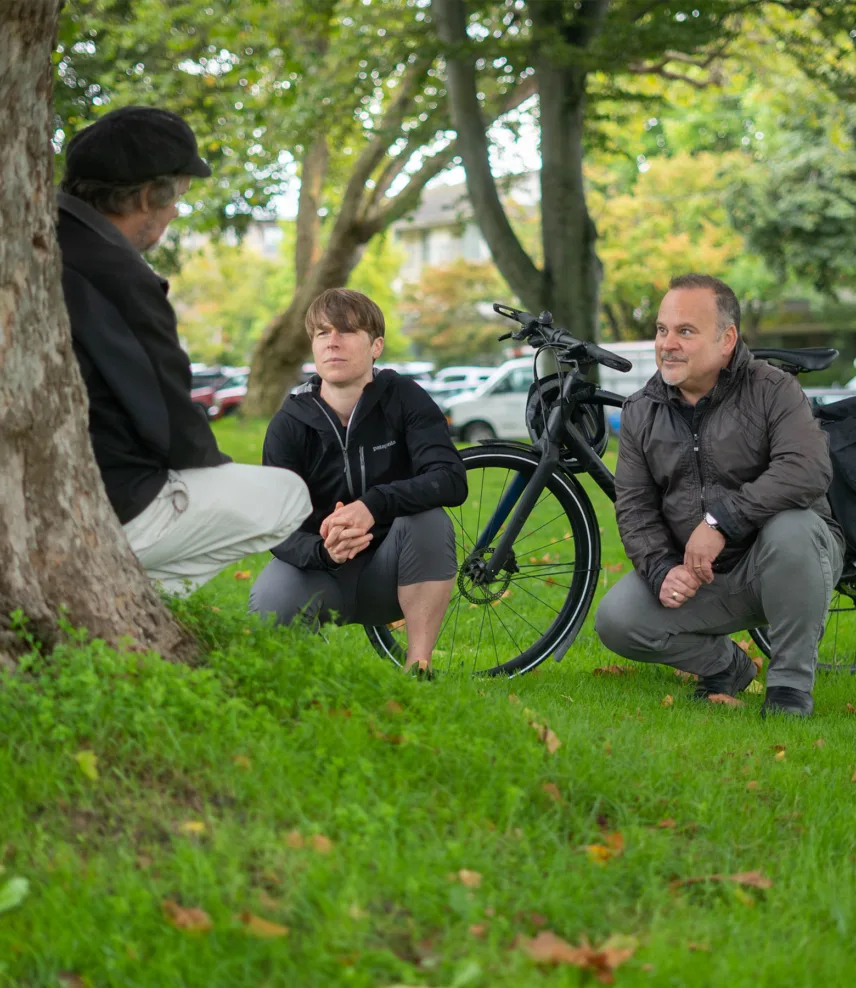
Vision & Guiding Principles
- Meet clients where they are at
- Advocate for those we serve
- Approach each client with empathy
- Practice integrity and mutual respect in all our relationships
- Commit to anti-racism, decolonization, and cultural humility
Our History
1968
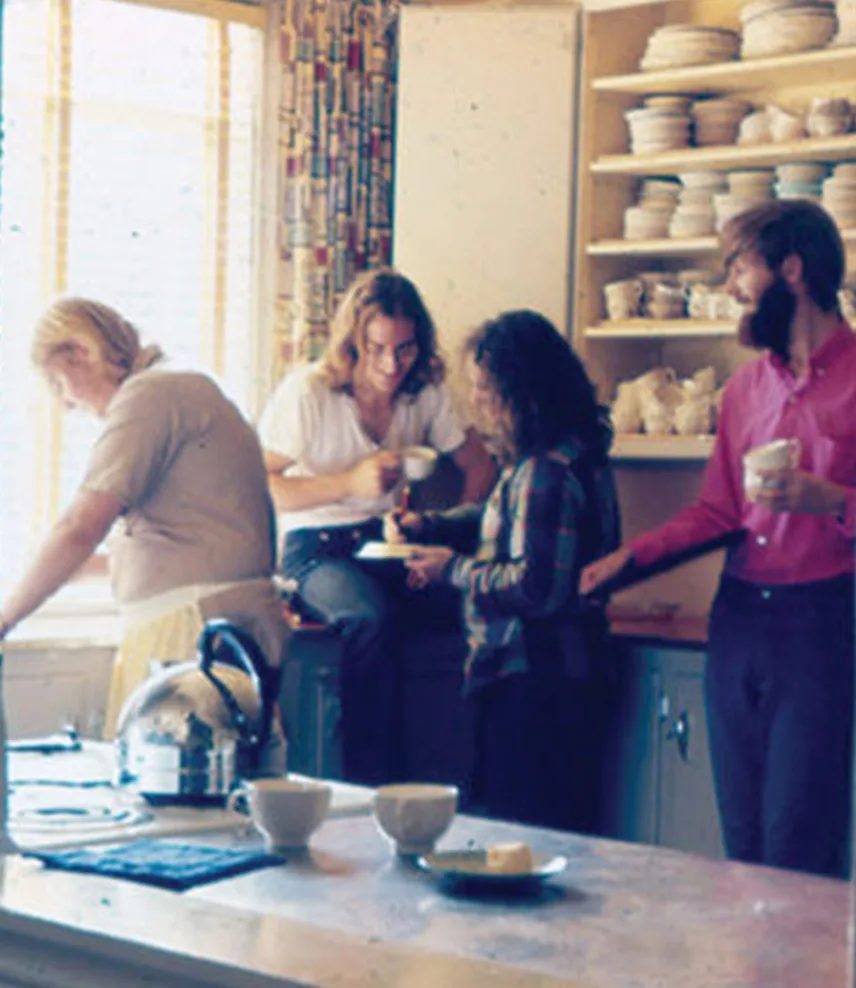
The Early Years
Cool Aid began in 1968 as a hostel for transient youth travelling across the country. Quickly realizing the increasing local need for shelter and holistic services, we established medical and dental clinics in the 1970s. By 1976, these efforts were united under the Victoria Cool Aid Society.
1980s & 1990s
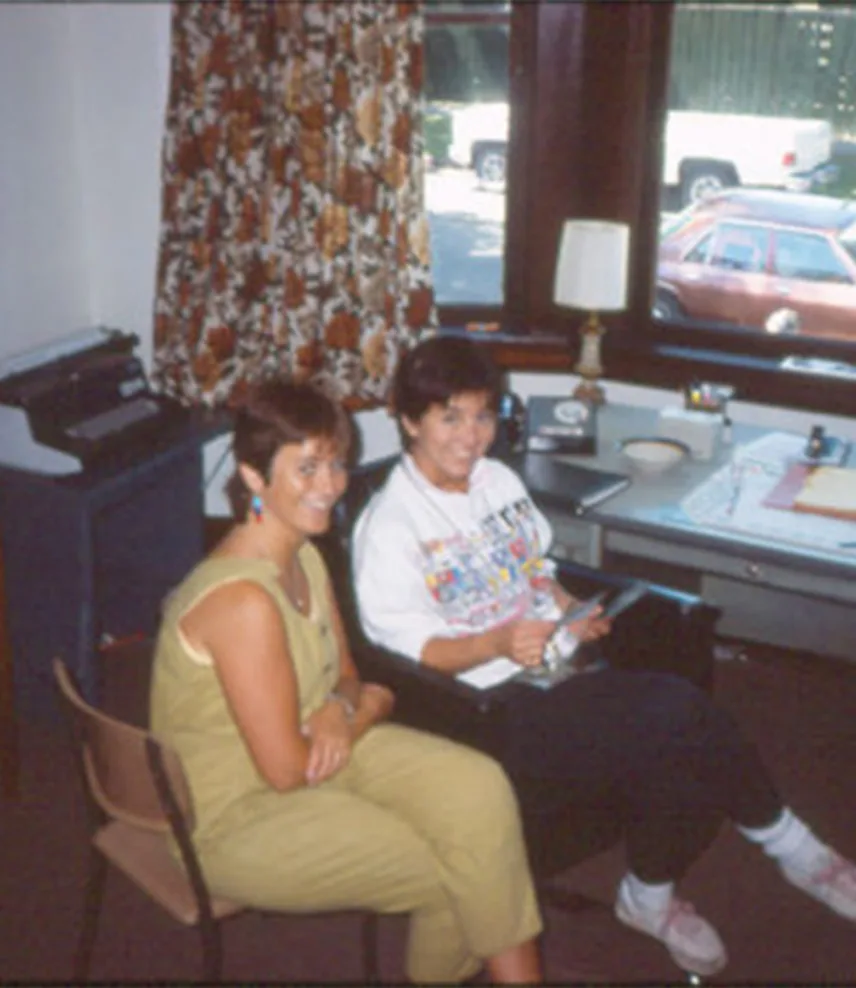
Leaders in Supportive Housing
By the 1980s, affordable housing was in short supply and large mental health institutions were shutting down, leaving people with little support for getting off the street. Frustrated with the unbroken cycle of homelessness and obvious need for supports, Cool Aid opened BC’s first supportive housing building – Swift House – in 1991.
2000s
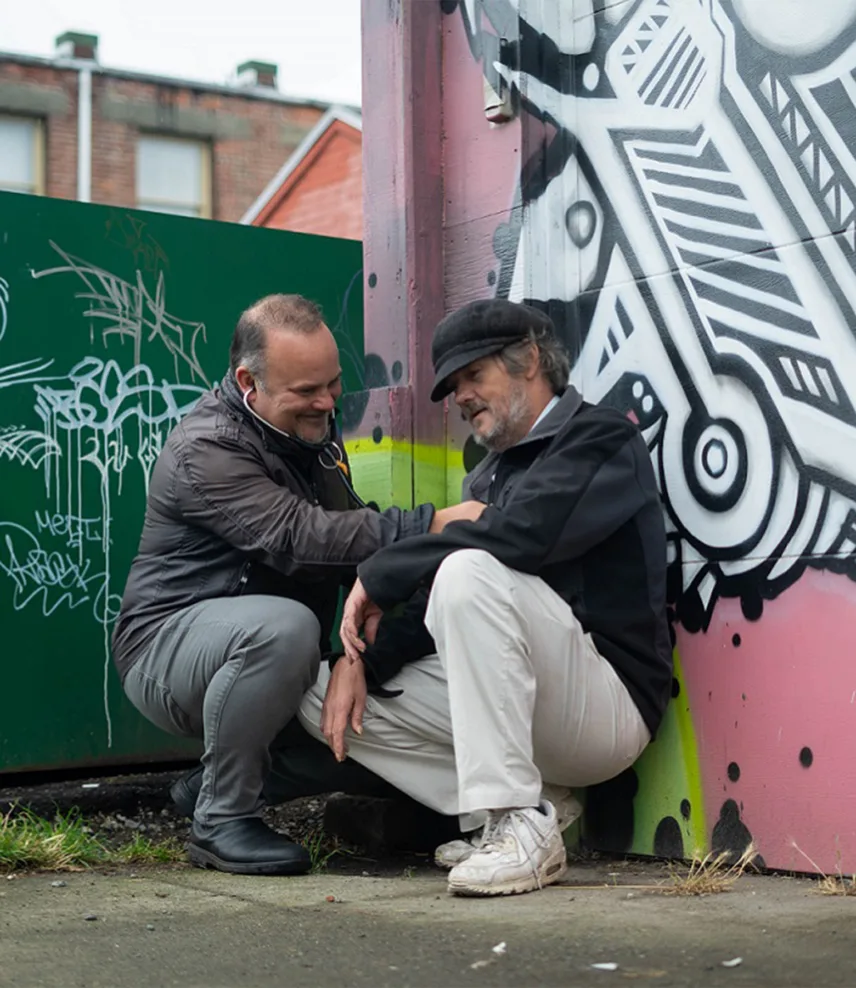
Continued Growth
By the early 2000s, Cool Aid had developed a successful reputation for creating accessible, affordable, and alternative housing along with holistic health and wellness services for people who need them the most. Projects completed during this period included the new Community Health Centre, five seniors buildings, new shelters, and affordable housing.
Today
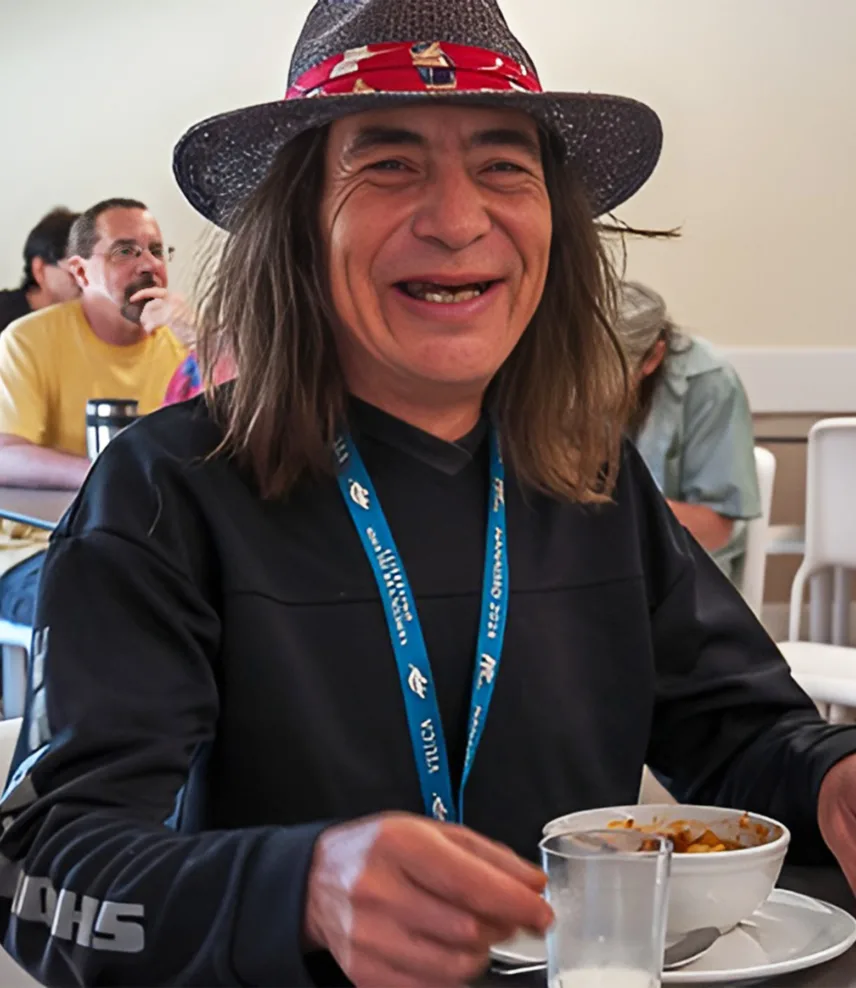
The Next Chapter
Today, close to 400 employees work at 20 Cool Aid locations in Victoria, Saanich, and Langford, providing emergency shelter, permanent supportive housing, housing for seniors, primary health and dental care, nutritious meals, and other wellness programs to the capital region’s most vulnerable people.